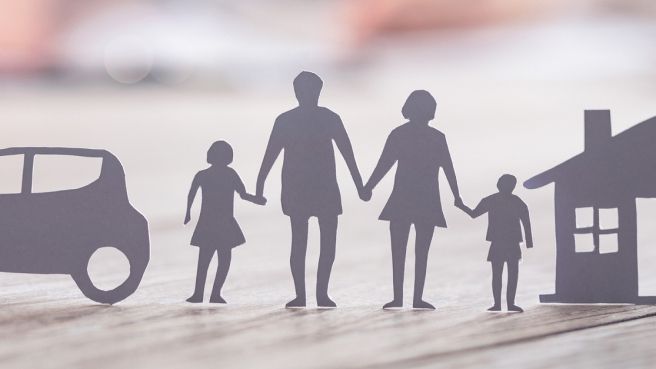What Happens to Your Estate After You Pass?
This section will learn about the different types of estate planning and how to create a will.
The first step in estate planning is to decide what type of estate you want your family to inherit after you pass. There are three main options:
1) A Living Trust
It is important to understand what happens after you pass to plan your estate properly. A living trust allows you to leave specific instructions that outline what happens with your assets after your death. You can also name a person responsible for distributing the funds throughout your life or the duration of your lifetime.
2) A Will
When you pass away, there is a chance that your estate may not be distributed properly. This is because traditional will tend to be written for a physical body and do not consider the mental capacity of surviving family members. To avoid this, consider writing a digital will.
3) A Revocable Living Trust (RLT)
A Revocable Living Trust is a type of trust which allows you to control your assets and provide for your loved ones in the case of your passing. It also protects against creditors and debtors should you pass away unexpectedly.
How Much Does it Cost to Set Up a Will or Trust?
A will or trust is a legal document that establishes who will inherit your property and how that property will be distributed after your death.
A will or trust can help you plan for the future, protect your assets from family members, and provide for the people you love. But setting up a will or trust can be expensive.
There are many costs involved in setting up a will or trust, including attorney fees, estate taxes, court filing fees, and other miscellaneous fees.
For example, if you die without leaving a will, your state law determines who inherits your property. If no one is designated by law to inherit your property, it goes to the state government.
The Legal Process of a Life Insurance Claim and the Creation of an Estate
The legal process of a life insurance claim and the creation of an estate are two different things. The first is how a life insurance company deals with claims, while the second is how an estate is created after someone dies.
The legal process of a life insurance claim:
When you die, your life insurance policy will payout to your beneficiaries. There are two main ways that this can happen:
– Your death benefits will be paid out in one lump sum (called “instant” death benefits)
– Your death benefits will be paid out over time in regular installments (called “periodic” death benefits)
Conclusion
Life insurance is a type of insurance that provides financial protection against the risk of death or other economic losses. It is typically used to provide income for survivors after the death of an individual.
An estate is a property owned by a person at their death. The estate includes everything from bank accounts, stocks, real estate, and personal property to artwork, cars, and jewelry.
Estate planning refers to preparing for your future, including deciding how your assets will be distributed after you die.



